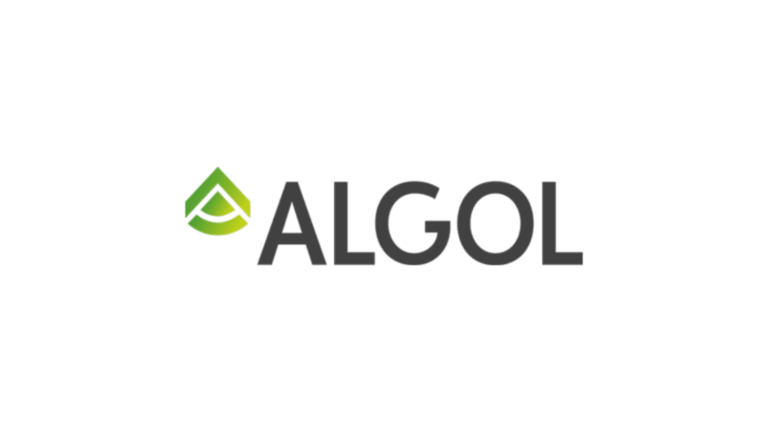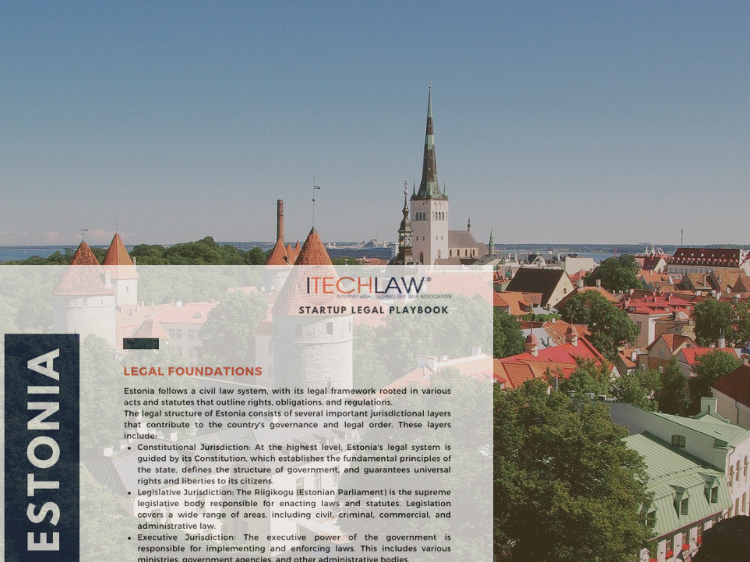
On May 15, 2024, after long discussions, the parliament of Estonia (Riigikogu) passed the Whistleblowing Act, which protects employees who report violations of European Union law in the workplace. Initially, the law was supposed to come into effect on January 1, 2024, but numerous amendments were proposed to the draft, causing it to be withdrawn. There was a lot of fear surrounding the whistleblower law, as there were concerns that it would increase the administrative burden on companies and lead to an increase in unfounded whistleblowing. The law has been sent to the President for promulgation.
Which employers does the adopted law affect?
Employers with 50 or more employees must establish a whistleblowing channel by January 2025 that allows confidential reporting of violations orally, in writing, or both. Private legal entities with up to 249 employees may manage channels jointly.
A reminder of what the employer needs to do:
- Establish by January 1, 2025, a reporting system that allows confidential reporting in writing, orally, or both of violations of European Union law. Considering business sustainability, we recommend that employers also allow employees and other authorized persons to report violations not required by law, i.e., those outside the scope of European Union law violations. Examples of EU law violations include violations related to public procurement, corruption, and financial misconduct, serious health and safety, as well as environmental violations. A broader spectrum of violations helps increase the employer’s social responsibility, which, on the ESG (environmental, social, and governance) scale, helps enhance the company’s sustainability. To enable the report of violations, the company may set up a confidential telephone line, or an email address, add a reporting option on its website, or outsource the service. It is important to note that internal channels should be created in a way that encourages whistleblowers to report violations.
- Appoint or authorize person(s) to receive reports, provide feedback to the whistleblower, and implement follow-up measures.
- Establish an internal procedure to ensure the proper handling of the report and regulate the implementation of follow-up measures. According to the law, the impartial person(s) must be appointed to receive reports, who are competent to take follow-up measures regarding the reports and who would communicate with the whistleblower and provide feedback. The whistleblower must be sent a confirmation of receipt of the report within 7 days of receipt. Feedback must be given to the whistleblower within a reasonable time, not exceeding three months. If relevant follow-up measures are planned, the whistleblower should be informed of this and any other feedback they can expect.
Liability:
An employer or other person who obstructs the reporting of violations and/or pressures the whistleblower and/or breaches the confidentiality of the whistleblower will be fined up to 300 fine units. A legal person will be fined up to 100,000 euros. Obstruction of reporting and the application of coercive measures are punishable even if attempted.
Whistleblower: a whistleblower who knowingly reports false information internally, externally, or publicly will be fined up to 300 fine units. If the whistleblower knowingly files a false complaint about committing a crime, they are liable under the Penal Code. The purpose of this is to prevent unfounded reports that may harm the affected person and impact the effectiveness and reliability of the entire whistleblowing system. It is important to note that if damage is caused to a third party due to a knowingly false report, the third party can claim damages.
Our law firm specialists are ready to assist you if you have additional questions or need further assistance.
Contact

Nele Laas
Head of Employment
Dispute Resolution, Corporate and M&A, Employment, ESG and Sustainability, Media, Sports and Entertainment
Send me an email +372 670 8401 +372 53 015 190
Jaanus Mägi
Managing Partner
Capital Markets, Commercial, Corporate and M&A, EU and Competition, Foreign Direct Investment (FDI), Marketing Law, Media, Sports and Entertainment, Retail and consumers, Technology
Send me an email +372 670 8401 +372 501 2120









